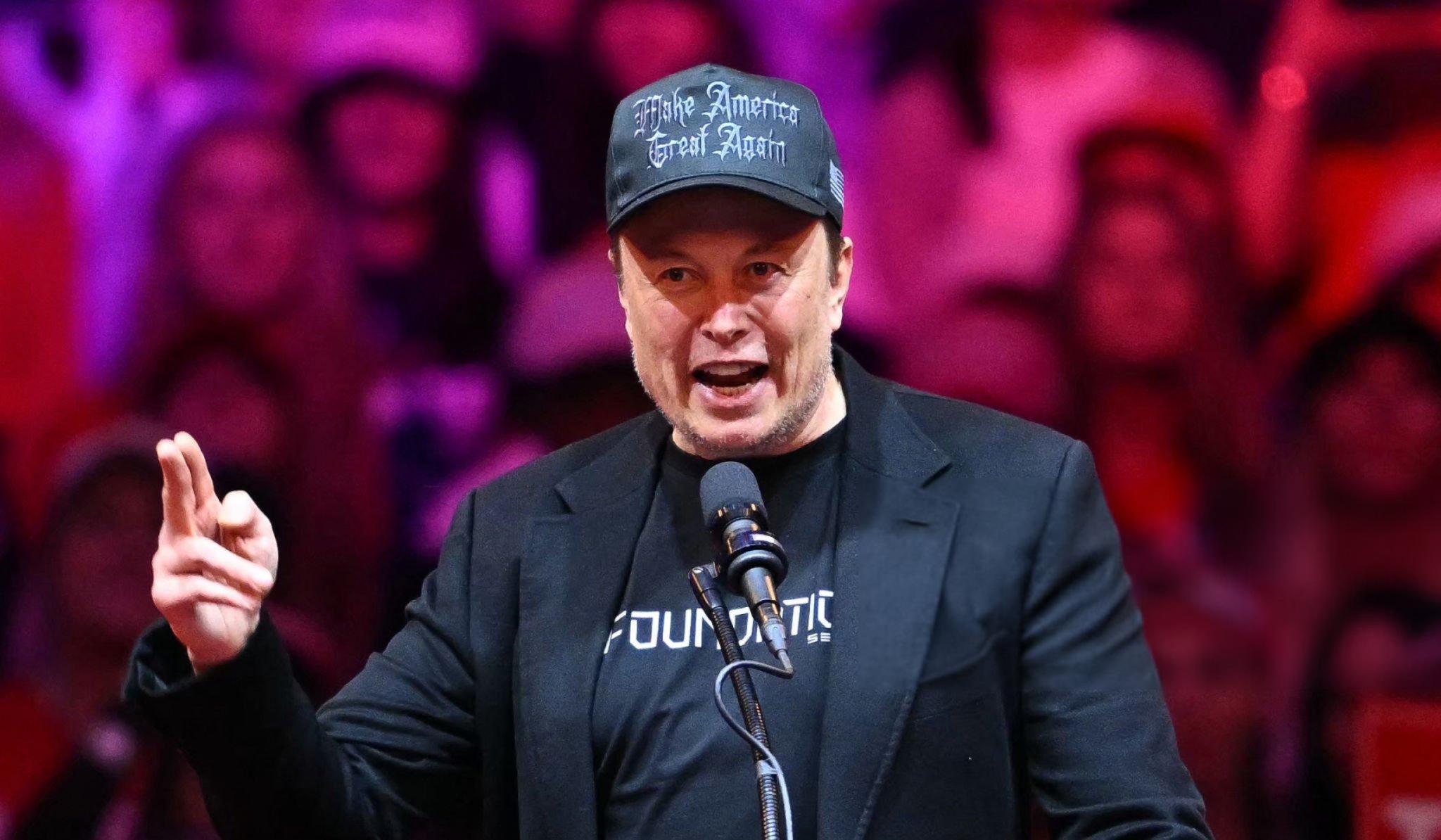Elon musk’s meeting with nigel farage sparks political concern in the UK
Elon Musk’s recent meeting with Nigel Farage, leader of the far-right Reform UK party, has ignited speculation over potential political donations and stirred apprehension among British lawmakers. The tech billionaire, already known for his influence in US politics, has raised fears he may attempt to shape the UK’s political landscape, particularly its future ties with Washington.
Farage disclosed that he and Musk discussed financial support for Reform UK during their meeting at Donald Trump’s Mar-a-Lago resort in Florida on Monday. Writing in The Telegraph, the former UKIP leader confirmed, “the issue of money was discussed,” and ongoing negotiations are planned. Reports have suggested Musk could donate as much as $100 million (£80 million), though Farage told the BBC no specific figures were mentioned.
Musk’s growing political role
Musk’s ties with Trump, who is set to return to the White House following his re-election, have strengthened significantly in recent months. Musk’s appointment to a key role in Trump’s incoming administration has heightened concerns that he may wield undue influence over UK-US relations.
Farage claimed Musk had criticised both the Labour and Conservative parties, labelling them the “uniparty,” and voiced his support for Reform UK. However, the issue of legality looms large, with Farage noting they would need to ensure any donations from Musk comply with UK regulations, potentially requiring them to be channelled “legally through UK companies.”
This development has unsettled many in Westminster. Conservative Party co-chairman Dominic Johnson warned that such a donation would amount to “basically buying” a political party.
Reform UK’s position
Reform UK, which won five seats in the UK Parliament in July’s general election, has emerged as a disruptive force, siphoning votes from both Labour and the Tories. Farage has his sights set on the next general election, due by 2029, aiming to build on his party’s growing popularity, particularly among anti-immigration voters.
Political analyst Russell Foster from King’s College London remarked that figures like Musk, Farage, and Trump represent a “new right” that rejects the perceived liberalism of traditional conservative politics. “The old right were not killed off by the left or centre; they’re being replaced by a more right-wing movement,” Foster observed.
Musk’s criticism of the UK
Musk has been vocal in his criticism of the UK government under Prime Minister Keir Starmer. On his social media platform X, the billionaire has launched a series of inflammatory posts, accusing the government of fostering a “tyrannical police state.”
During the summer’s anti-immigration riots, the worst unrest the UK has seen in years, Musk warned of “civil war” and criticised the government’s handling of the situation as overly harsh. His comments resonated with far-right influencers and social media users, further cementing his support among such groups.
In September, Musk controversially advised against visiting the UK, citing concerns about the release of convicted paedophiles while individuals faced prison for social media posts. These remarks have added to the perception that Musk sees himself as a crusader against the political establishment.
Tensions over regulation
Musk’s actions may also be influenced by his opposition to the UK government’s plans to tighten regulations on social media platforms. Starmer has attributed the summer riots in part to online content and has pushed for stronger oversight.
Relations between Musk and the Labour government soured further after the Prime Minister failed to invite him to an investors’ conference, an omission Musk reportedly interpreted as a slight.
Implications for UK-US Relations
Musk’s alignment with Trump could complicate Labour’s efforts to build ties with the incoming Republican administration. Traditionally closer to the Democrats, Labour leader Keir Starmer has sought to establish a rapport with Trump, meeting him in New York in September.
Downing Street has expressed its intent to maintain the “special relationship” with Washington, regardless of who is in the White House. “The Prime Minister looks forward to working with President Trump and his whole team, including Elon Musk,” a government spokesman said last month.
Labour politician and former cabinet minister Peter Mandelson advised the party not to ignore Musk’s growing influence. Calling Farage a “bridgehead” to both Trump and Musk, Mandelson urged Labour to adopt a pragmatic approach, warning, “You’ve got to swallow your pride and be practical about this.”
Conclusion
As Musk’s political ambitions extend beyond the US, his apparent support for Reform UK has sparked widespread unease. With the tech mogul already playing a pivotal role in shaping US policy, his foray into British politics raises important questions about the influence of wealth and globalisation on democratic systems.







